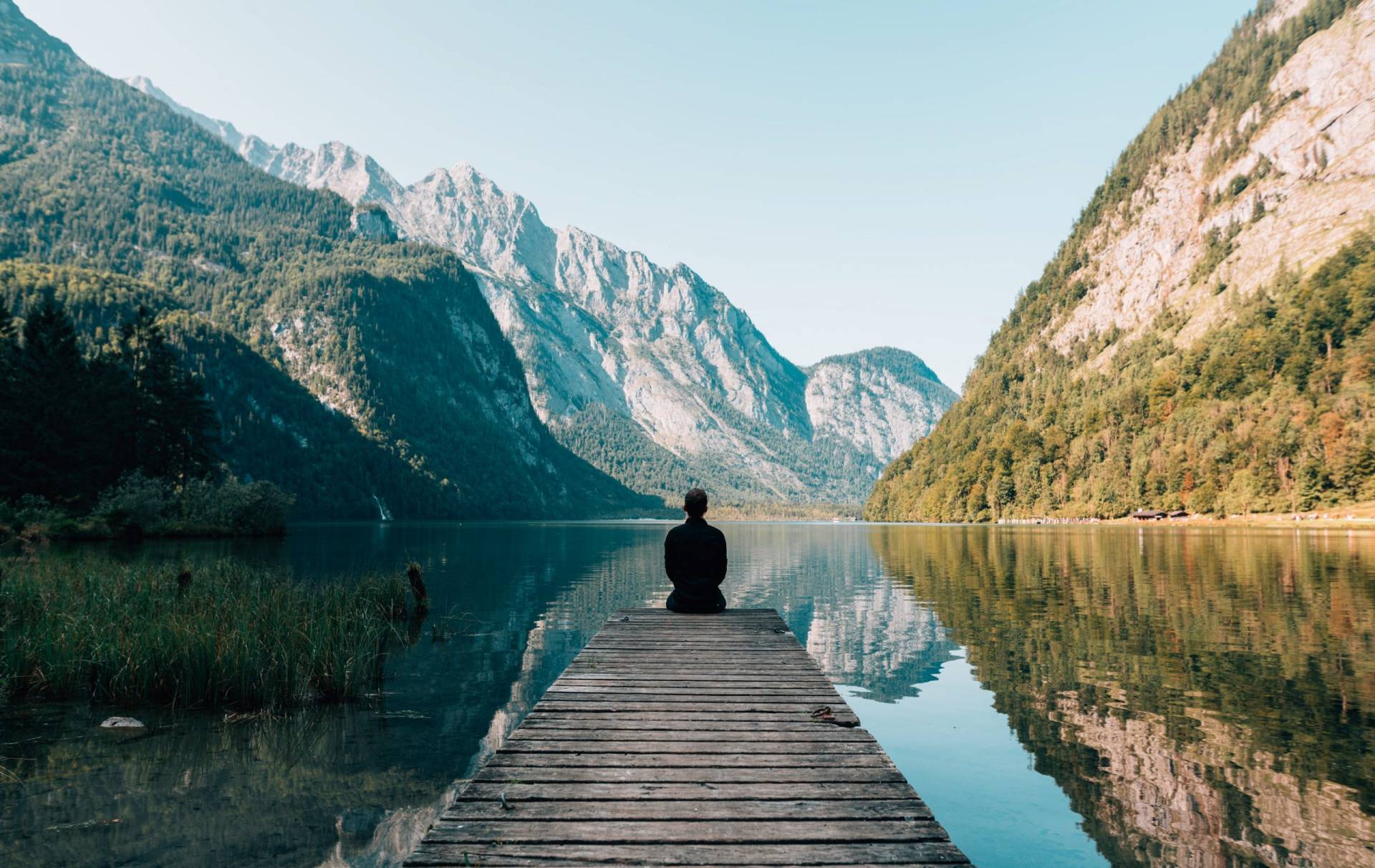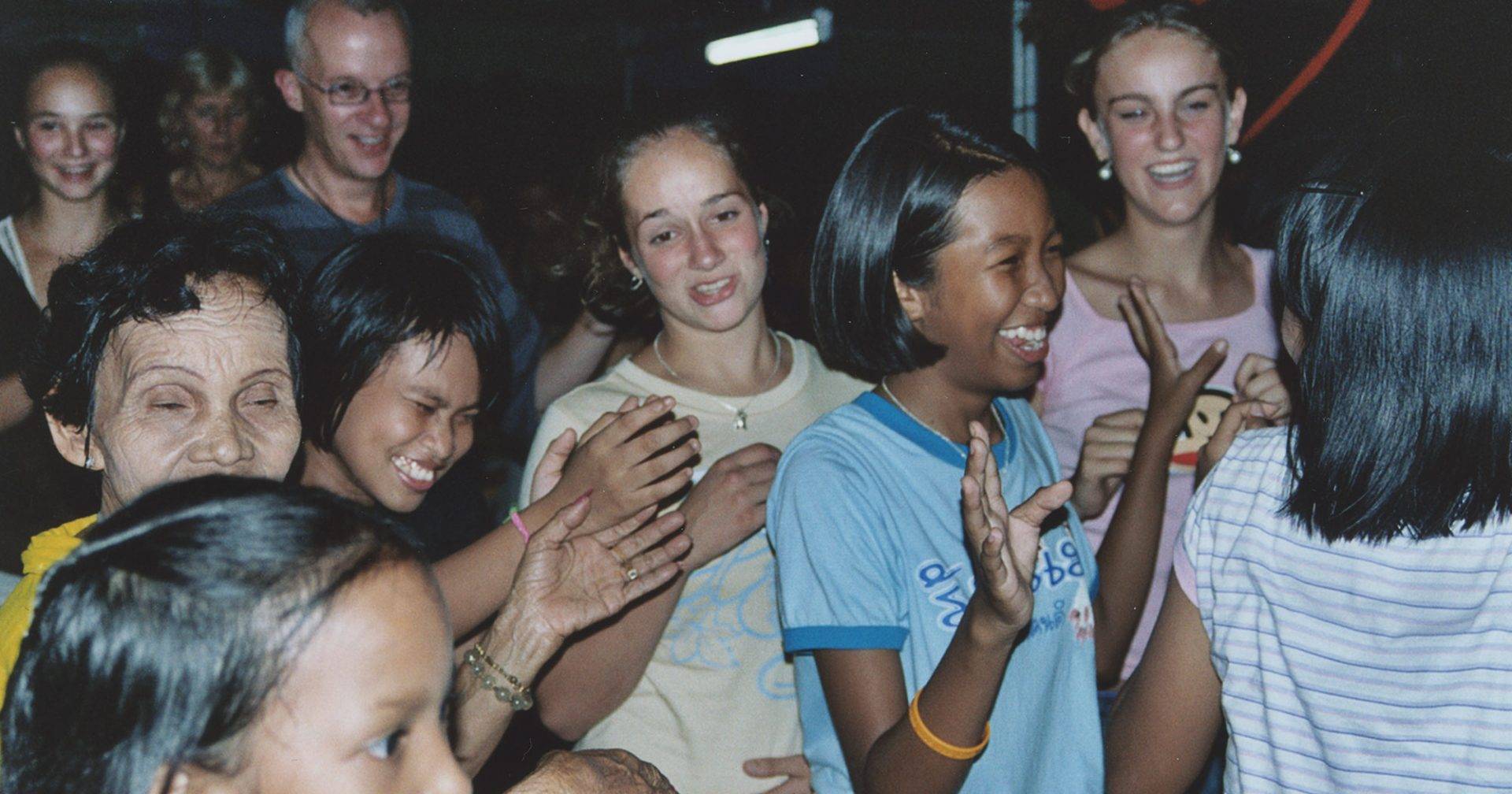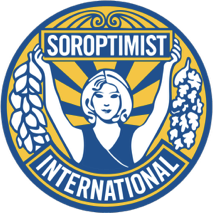What does Fair Tourism do?
At Fair Tourism, we believe in the potential of Sustainable Tourism to contribute towards society at large. Sustainable Tourism occurs on a social, cultural, ecological and economic level. The focus is on the deep connection between the environment and its people. We are keen on making travellers enthusiastic about visiting natural & cultural wonders while engaging with the locals at the same time.
Since 1989, Fair Tourism has been one of the first organisations in the Netherlands to specialise in sustainable tourism, with a particular emphasis on community-based tourism. For more than 30 years, the Fair Tourism Foundation has been raising awareness to help improve the tourism industry. We develop sustainable tourism curricula for universities, vocational training institutes and primary/secondary education.
In addition, Fair Tourism has been supporting the village of Huay Pu Keng in Northern Thailand in their transformation to community-based tourism for eight years. This website aims to educate through the breakdown of case studies on different forms of sustainable tourism. One can learn about theory and practice, then get carried away by exciting travel stories.
What is Community Based Tourism (CBT)?
CBT aims to offer inspiring, authentic experiences of local life and culture, while generating income and other benefits for local people, community development and nature conservation.
CBT offers tourists opportunities to meet local people and experience their lives, livelihoods, arts, cultures and fascinating relationships with the natural world.
CBT is managed and operated by community members, working together in a CBT group or club, sometimes in partnership with a tour operator or NGO.
Successful CBT celebrates local cultures and ways of life; inspires tourists; nurtures cross-cultural understanding and respect; creates new skills, jobs and income for community members; and funds grassroots environmental and social initiatives.













